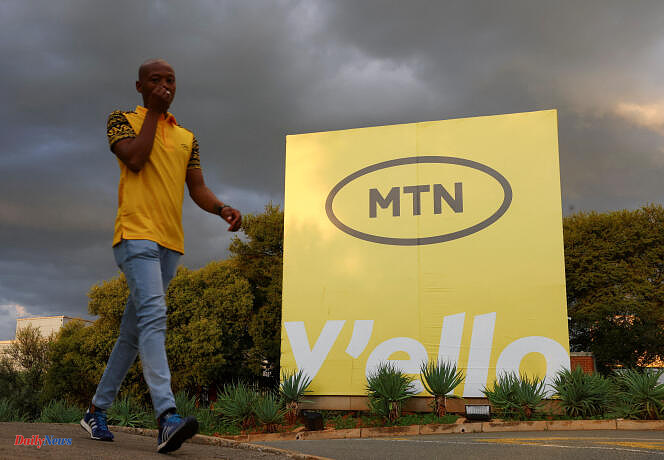Significant and unprecedented Internet outages have affected several African countries since Thursday March 14 in the early morning due to anomalies concerning several submarine cables.
In all, a dozen countries located along the Atlantic, from South Africa to Liberia, including Benin, Ghana and Nigeria, were affected, according to the company Cloudflare, specializing in network infrastructure, and Netblocks, an organization that documents internet outages around the world.
The incidents began at 5 a.m. local time (6 a.m. BST) on Thursday in southern Senegal, before spreading southward early in the morning, reaching Nigeria shortly after 10 a.m., according to Cloudflare.
The severity of the outages varies, with some countries experiencing disruption for only a few minutes while others continued to be heavily affected this Friday morning. The country most affected is Ivory Coast, where the two largest operators, Orange and MTN, are very disrupted. Only one of the country's three operators, Moov, is operating normally. Cloudflare data showed that only 15% to 20% of usual internet traffic was recorded in the country on Thursday.
The reason for the outage still unknown
The reason for the outage is not known. The Nigerian telecoms regulator mentioned in a press release “a combination of cable cuts [located] somewhere in Ivory Coast and Senegal”, “resulting in equipment failures”. Some experts suspect a first physical incident, such as a cable break, caused by a ship's anchor or a movement of the seabed, followed, as traffic was redirected on the other cables, by a succession technical anomalies due to sudden overload.
Other network disruptions caused by damaged cables have occurred in Africa in recent years. However, “today’s disruption is one of the most serious,” observes Isik Mater, research director at Netblocks. An official Ivorian source told RFI that the cables supposed to take over in the event of a breakdown were also affected, a situation described by this source as “unprecedented”. According to Microsoft, the importance of these disruptions can also be explained by the damage recently caused to the cables in the Red Sea, on the other side of the continent, which had already degraded African connectivity. Africa leads the world in web traffic for mobile devices, and many businesses on the continent rely on the Internet to provide services to their customers.
The MTN group, one of the telecommunications heavyweights in the region, explained in a press release that it was “actively working to redirect traffic”. Orange, which is very established in the area, says it is “fully mobilized to find solutions for rerouting traffic and connecting countries isolated by other routes”. “Several land links have already been strengthened to allow an improvement in the situation,” specifies the operator, quoted by RFI. MainOne, the company that operates the cable of the same name, affected by the malfunctions, also said that “all resources were mobilized to repair the cable and restore services”.
The outages mainly concern the West Africa Cable System, Africa Coast to Europe, SAT-3 and MainOne cables, all tens of thousands of kilometers long, serving several countries along the West African coast and connecting to Europe , notably in Spain, the United Kingdom and France.
The majority of Internet traffic travels over the more than 500 undersea fiber optic cables deployed around the world. Meta, for example, does not have a data center in Africa: all of the company's user data in West Africa therefore necessarily passes through one of these cables.












